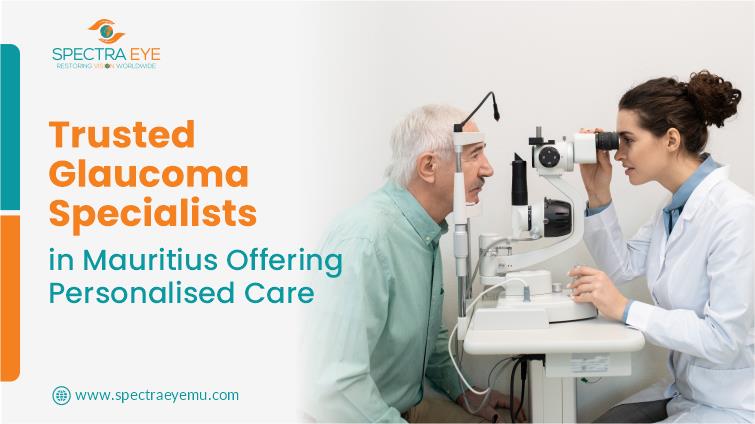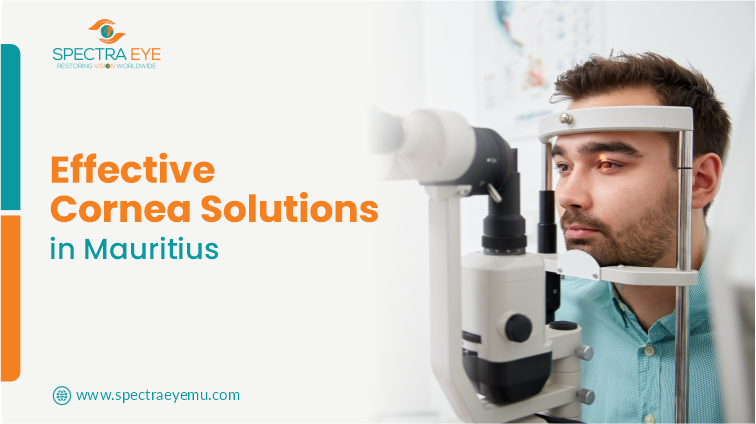Blogs

What is the Right Time for Cataract Surgery?
Every surgery has an appropriate time, which helps patients to get better benefits, but a person should know when they need to undergo surgery. And when it comes to cataracts, then the surgery timing really matters. However, the decision to get cataract surgery requires careful consideration of various factors. In this blog, we will be going to uncover the factors of understanding the right timing of cataract surgery and how long it takes to show effects.
Understanding Cataracts and Their Progression
Cataracts develop as the eye's lens clouds, blurring vision and hindering clarity. Initially, they trigger minor disturbances like heightened glare or weakened night vision. Progressively, they escalate, severely impairing sight. So if you are looking for an answer for cataract surgery how long does it take to fully recover, then consulting a good ophthalmologist is necessary.
Determining the Need for Surgery
The decision to undergo cataract surgery is typically based on the extent to which cataracts affect daily activities and quality of life. Some key indicators that depict the need for cataract surgery and how long it take includes:
- Visual Impairment: Difficulty reading, driving, or performing routine tasks due to blurred or cloudy vision.
- Glare Sensitivity: Increased sensitivity to glare, particularly when driving at night or in bright sunlight.
- Decreased Contrast Sensitivity: Difficulty distinguishing between shades of colors or objects in low-light conditions.
- Impact on Quality of Life: Cataracts significantly impede daily activities, affecting overall well-being and independence.
The Right Time for Cataract Surgery
While there is no fixed timeline for cataract surgery, several factors influence the optimal timing:
- Visual Symptoms: If cataracts significantly impair vision and hinder daily activities, surgery may be recommended.
- Increased Risk of Falls: When impaired vision poses a risk of falls or accidents, especially in older adults.
- Health Complications: When cataracts contribute to other eye conditions like glaucoma or macular degeneration.
- Vision Correction Challenges: When glasses or contacts are insufficient to correct vision due to advanced cataracts.
- Patient Comfort: When cataract symptoms cause discomfort, such as glare sensitivity or difficulty with night vision.
- Surgical Consultation: When an eye care professional recommends surgery based on cataract progression and individual circumstances.
- Personal Readiness: When the patient feels mentally and emotionally prepared to undergo cataract surgery and its recovery process.
The Procedure Of Cataract Surgery How Long Does It Take?
Cataract surgery is a relatively quick and straightforward procedure, typically lasting around 15 to 30 minutes per eye. During surgery, the cloudy lens is taken out and replaced with a clear artificial lens, known as an intraocular lens (IOL). Most patients undergo cataract surgery under local anesthesia, which numbs the eye and surrounding tissues, ensuring comfort throughout the procedure.
Recovery and Postoperative Care
Following the question about cataract surgery how long does it take, patients can expect a relatively short recovery period. Most individuals experience improved vision within a few days, with full recovery typically occurring within a few weeks. Postoperative care may include:
- Eye Drops: Prescription eye drops are often prescribed to prevent infection and promote healing.
- Activity Restrictions: Patients may be advised to avoid strenuous activities and heavy lifting for a brief period.
- Follow-Up Visits: Regular follow-up appointments with the eye surgeon are essential to monitor healing and ensure optimal outcomes.
- Vision Rehabilitation: In some cases, vision rehabilitation or adjustments to eyeglasses may be necessary to optimize vision post-surgery.
How to Treat Cataracts: Exploring Treatment Options
Looking for an answer on how to treat cataracts? Cataract surgery is key for advanced cases, offering top effectiveness. Yet, there are alternative treatments and strategies worth exploring:
- Surgery: For significant vision improvement, consult an ophthalmologist about surgical removal of the cloudy lens and replacing it with an artificial one.
- Medication: Discuss with your doctor about prescription eye drops or oral medications that may help in slowing down the progression of cataracts.
- Regular Eye Exams: Schedule routine eye check-ups to monitor the progression of cataracts and to detect any other eye conditions early on.
- Intraocular Lenses (IOLs): Discuss with your surgeon about different types of IOLs available, such as multifocal or toric lenses, for improved vision after cataract surgery.
- Minimally Invasive Procedures: Explore options like laser-assisted cataract surgery or phacoemulsification, which offer quicker recovery and fewer complications compared to traditional methods.
- Alternative Therapies: Research complementary treatments like acupuncture or nutritional supplements; although efficacy may vary, consult with healthcare professionals before trying.
Conclusion
Determining the ideal timing for the procedure of cataract surgery and how long it takes is a matter for discussion with an eye care specialist. Taking into account factors like vision issues, daily life quality, and general health helps patients gauge when surgery is right. With modern surgical methods and intraocular lens advancements, cataract surgery is both safe and beneficial, greatly enhancing vision and life quality for those affected. If you or someone you know shows signs of cataracts, seek advice from an eye care expert such as Spectra Eye to get cataract surgery in Mauritius and decide the next steps.



